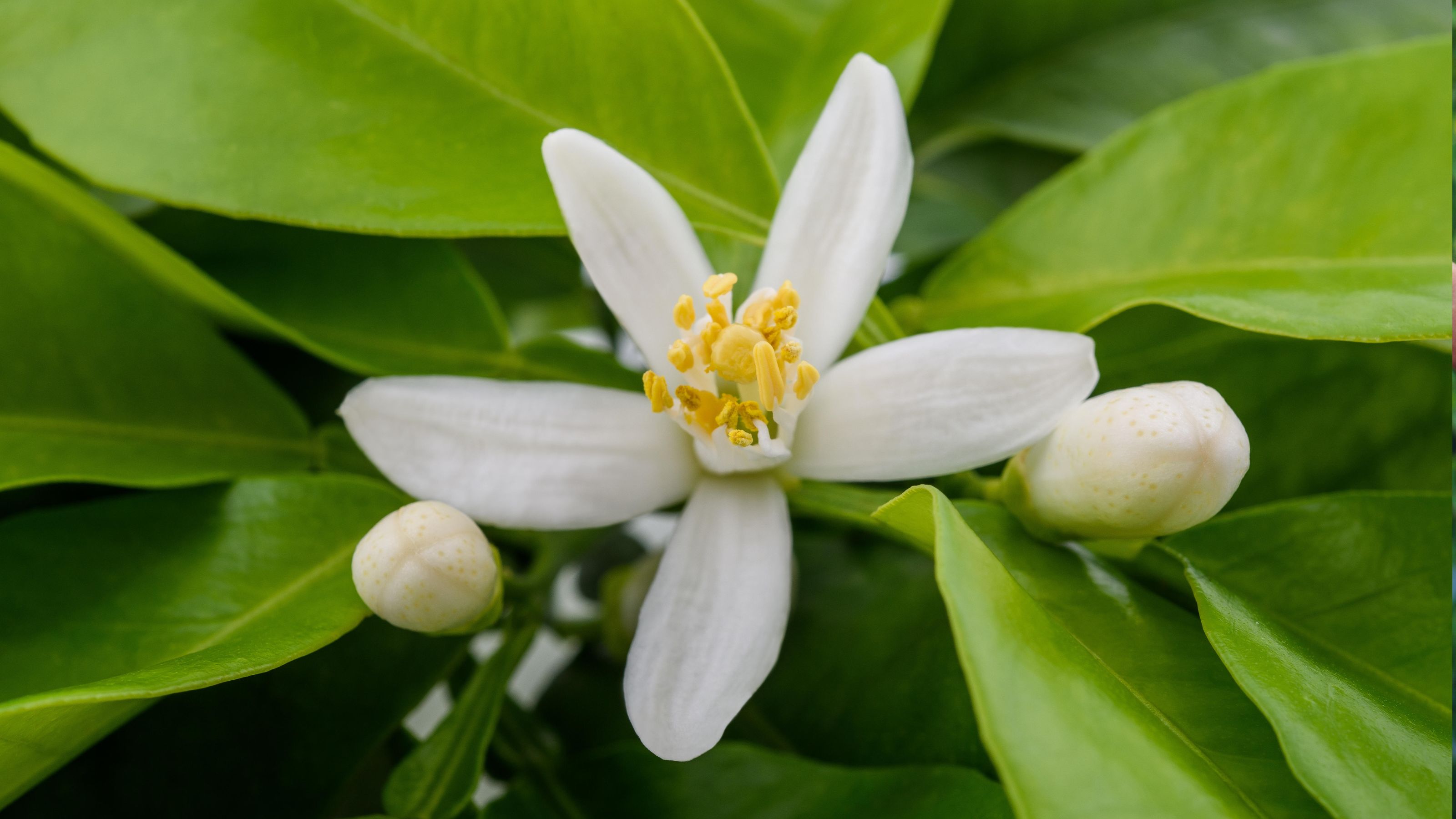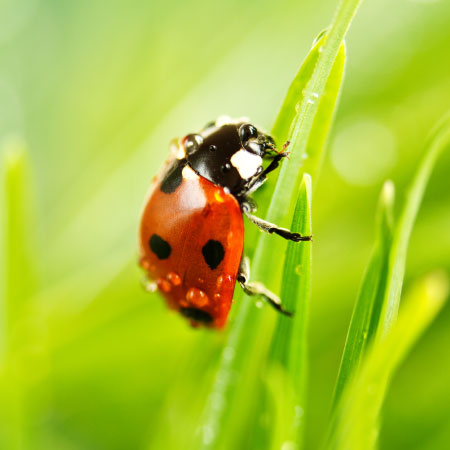No Flowers On Lemon Tree – Tips For Getting Lemon Trees To Bloom


Sign up for the Gardening Know How newsletter today and receive a free copy of our e-book "How to Grow Delicious Tomatoes".
You are now subscribed
Your newsletter sign-up was successful
You bought your lemon tree for a tasty zing in your morning tea, or maybe you dreamed of fresh, homemade lemonade, but now it’s hardly holding up its end of the bargain. When your lemon tree refuses to bloom and instead just defiantly grows nothing but endless leaves, you don’t have to feel helpless. There are often reasons for a lemon tree not blooming; let’s explore those in this article.
Why a Lemon Tree Won’t Bloom
As with all fruiting plants, there’s usually a reason that a lemon tree won’t bloom. This can be any of a range of problems, from how it’s growing to where it’s growing or even what it’s been fed. Here are the most common causes and some solutions to non-flowering lemon trees–
Plant Age
Many varieties of fruit trees have to mature completely before they begin to fruit. That means that in many cases, getting lemon trees to bloom requires nothing but the patience to nurture them until they’re three or four years old.
Incorrect Watering
Water is key to solving the issue of no flowers on lemon trees in many cases. Both overwatering and underwatering produce the same result– seeking the middle ground is where bloom success lies. Only water lemons when the top four inches (10 cm.) of soil are completely dry, then water them thoroughly. Never leave an indoor lemon plant sitting in a saucer of standing water.
Over Fertilization
Many plants, including lemons, will put too much effort into producing new, green leaves if they’re given too much fertilizer, especially nitrogen. If you’ve been fertilizing your lemon often, back off to just once a month and see if blooms appear. Phosphorus or bone meal can also help.
Lack of Sun
Lemons need full sun conditions, whether they’re indoors or out. Inside, you can simulate this type of light with a full spectrum bulb placed about 12 inches (31 cm.) away from the plant and left on no more than 12 hours a day. Outside, remove any overhanging branches or other obstructions that would prevent a lemon from getting enough sun. If it’s not too large, you may need to consider replanting it in a sunnier location.
Warmer Temperatures
Indoor lemons are notorious for not blooming because they don’t get enough “chilling” hours. For lemons, chilling temperatures are around 60 degrees F. (16 C.). Place your lemon in these conditions for several hours a day during winter and spring to simulate the cooler night temperatures they’d experience in their native climate.
Sign up for the Gardening Know How newsletter today and receive a free copy of our e-book "How to Grow Delicious Tomatoes".
Incorrect Pruning
Lemons should be pruned enough to open up the canopy and prevent fungal disease, but excessive pruning will cause blooming problems. Never remove more than 1/3 of the greenery of any fruit tree when you’re pruning. This creates a balance between the plant needing to build nutrients for blooming and increasing canopy air circulation.

Kristi Waterworth was a regular contributor to Gardening Know How for many years, answering countless queries on plant pests and diseases.